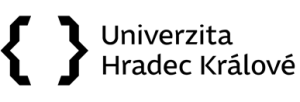This class teaches students how to independently evaluate and analyze present, past and future elections. It combines theoretical and empirical approaches to capture salient features of elections.
The first part surveys of different aspects of elections, corresponding to the scholarly approaches used to tackle them. Over the course of six weeks, it characterizes elections based on the type of office, polling and trends, media coverage, ideological differentiation, democracy levels and international factors. Simultaneously, students jointly discuss and create categories for coding elections.
Then the second part examines three Latin American and African elections per week, for a total of eighteen. Each week, the students have to read the material and apply the categories they previously elaborated to each election. The final outcome is a small dataset of selected elections.
Finally, beyond of its regionally defined scope, it provides insight that transcends regional dynamics and can be applied to any electoral contest. The ultimate goal is to provide students with tools that increase their general understanding of institutional politics.
Week 1 - Types of elections
Week 2 - Polling and electoral competition
Week 3 - National media and political campaigns
Week 4 - Ideology and other forms of political differentiation
Week 5 - Democracy and electoral legitimacy
Week 6 - Foreign influence and international relations
Week 7 - Selected elections: Central America
Week 8 - Selected elections: Brazil
Week 9 - Selected elections: the Cono Sur
Week 10 - Selected elections: Southern Africa
Week 11 - Selected elections: West Africa
Week 12 - Selected elections: Eastern Africa
- Trainer/in: Alberto Lioy
